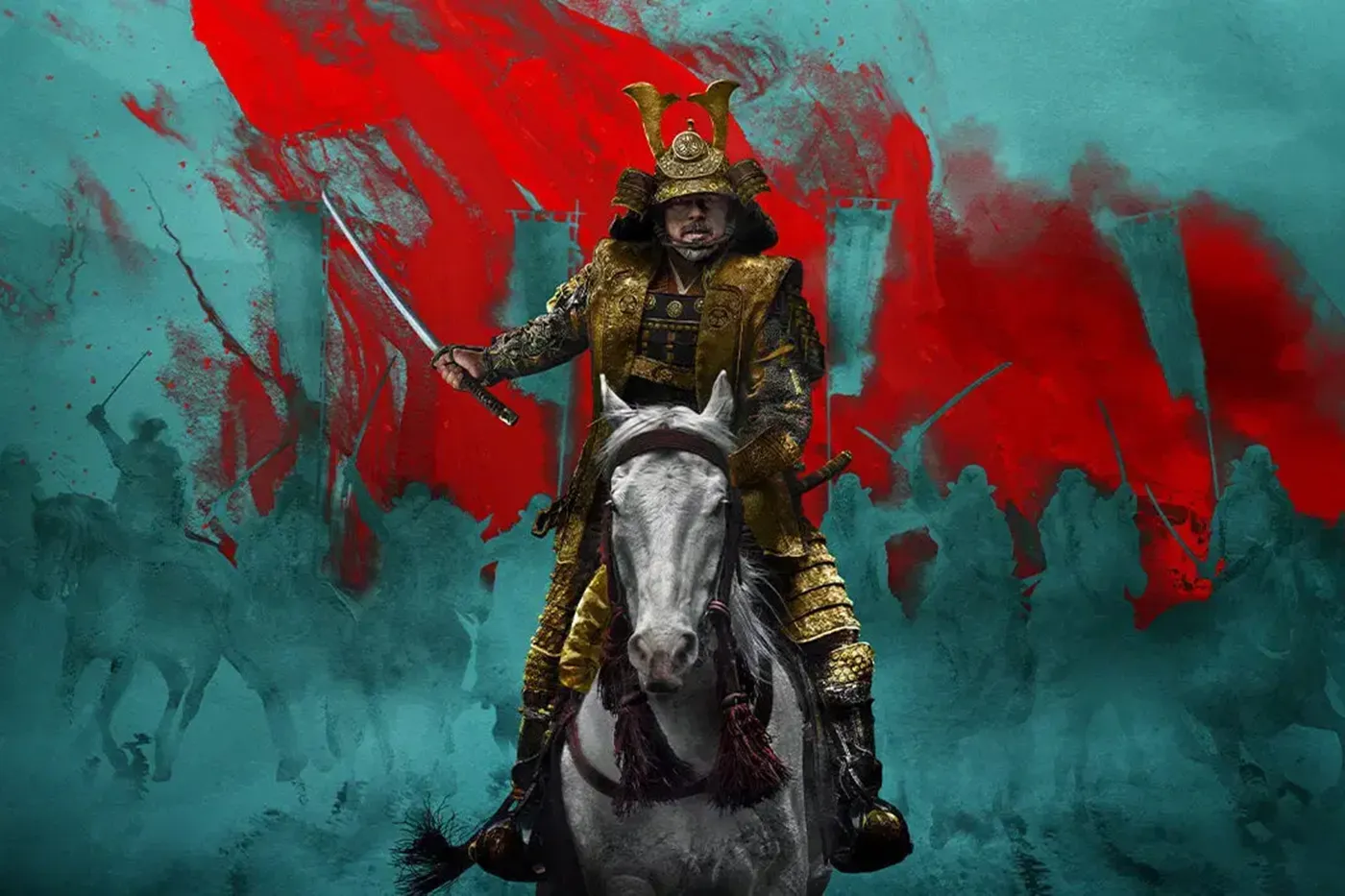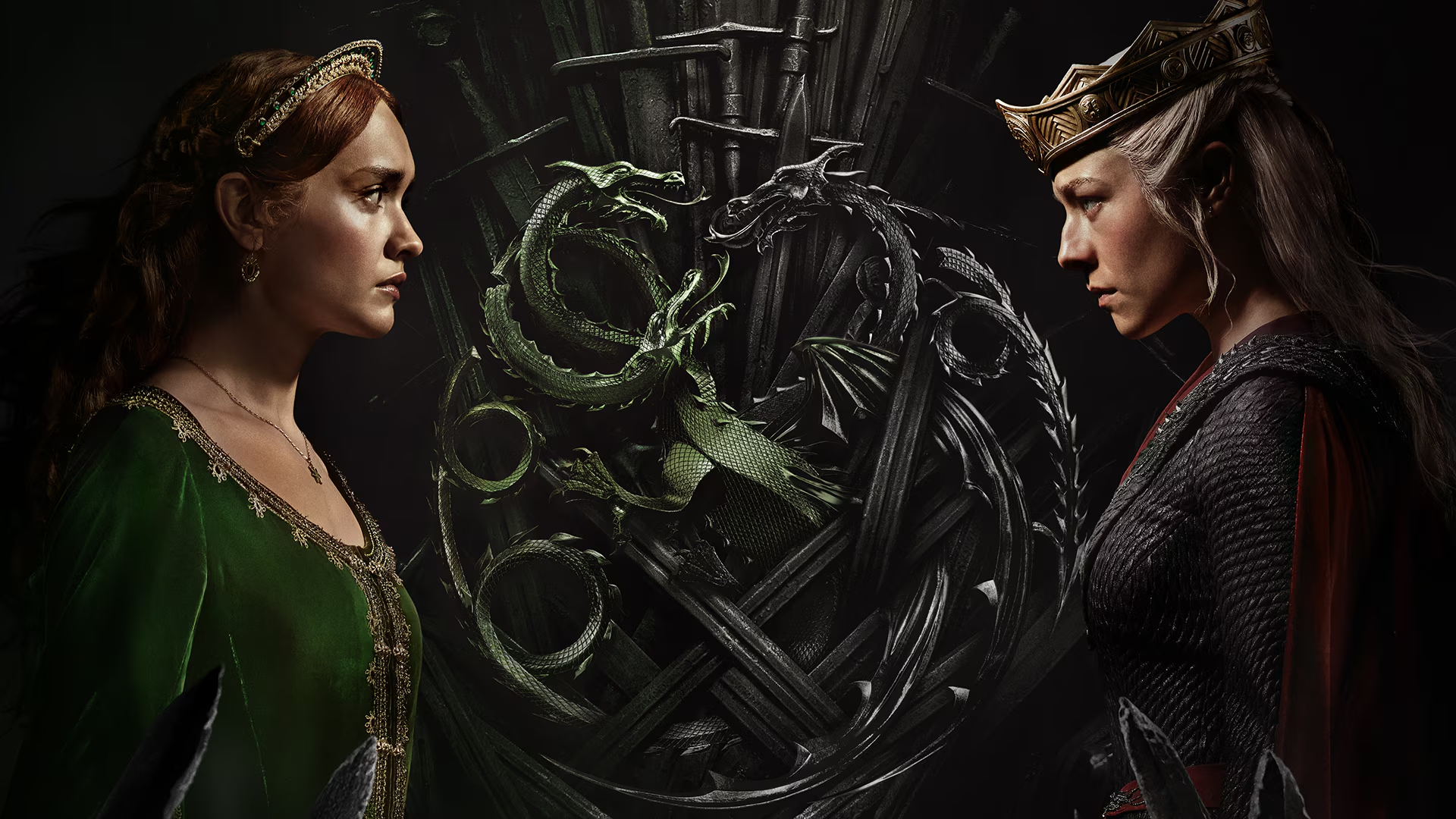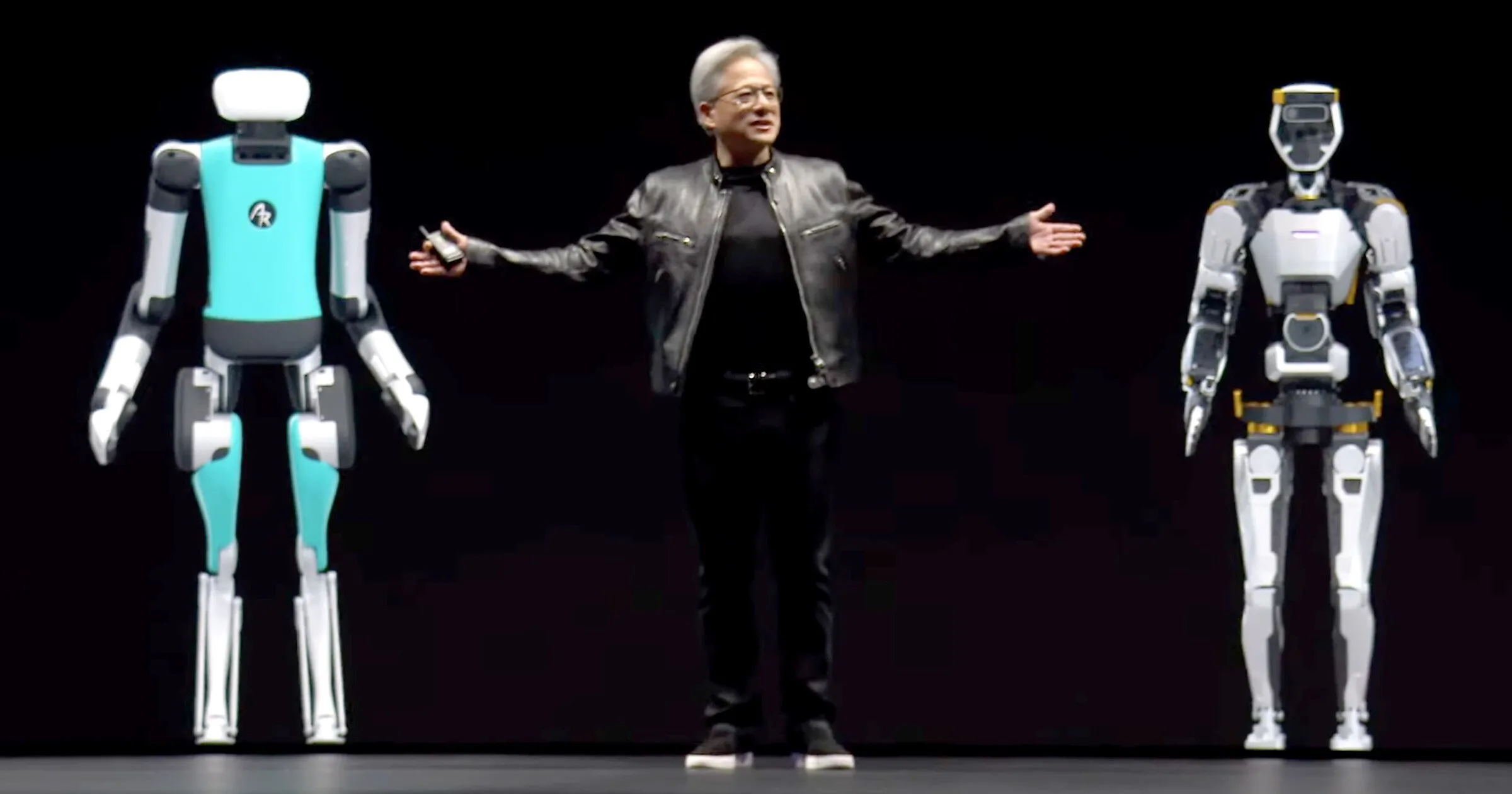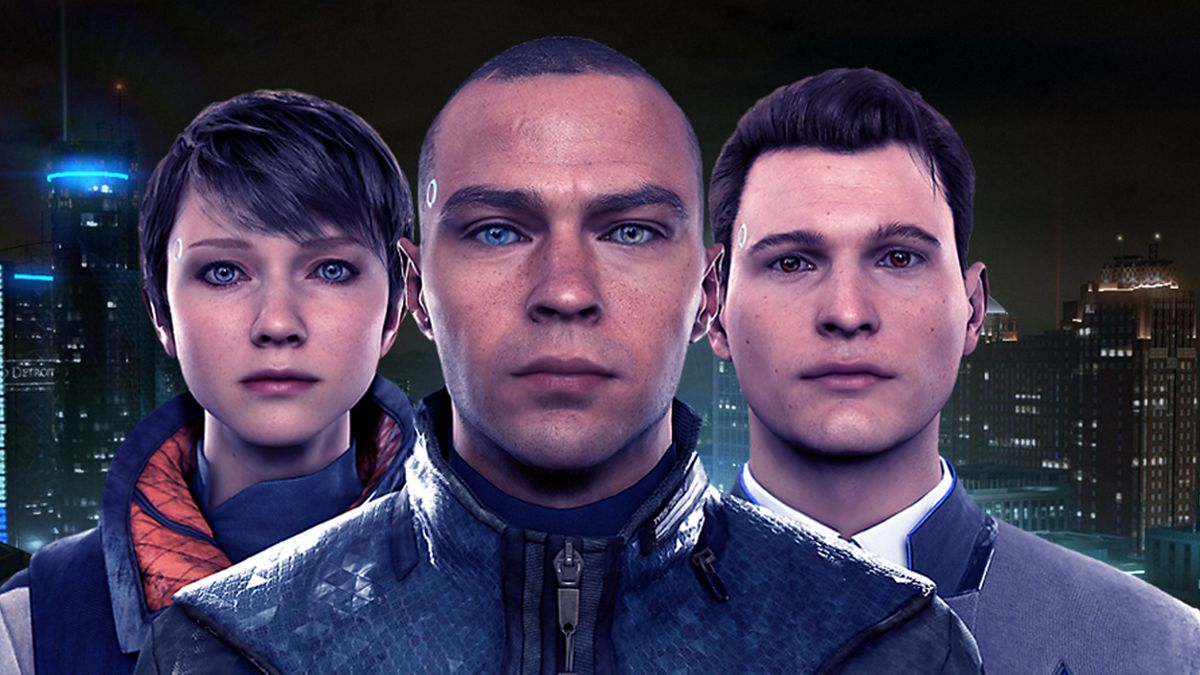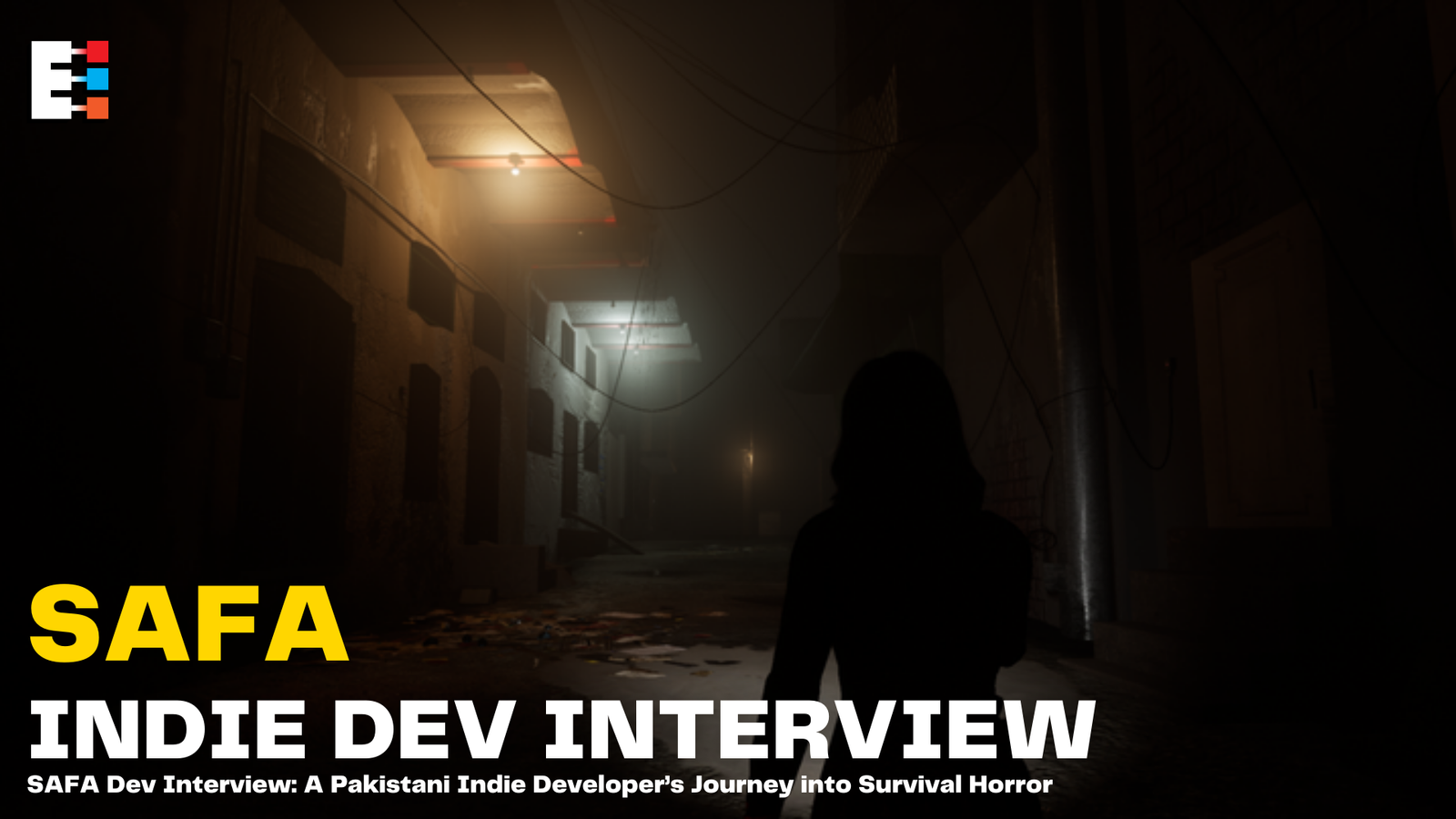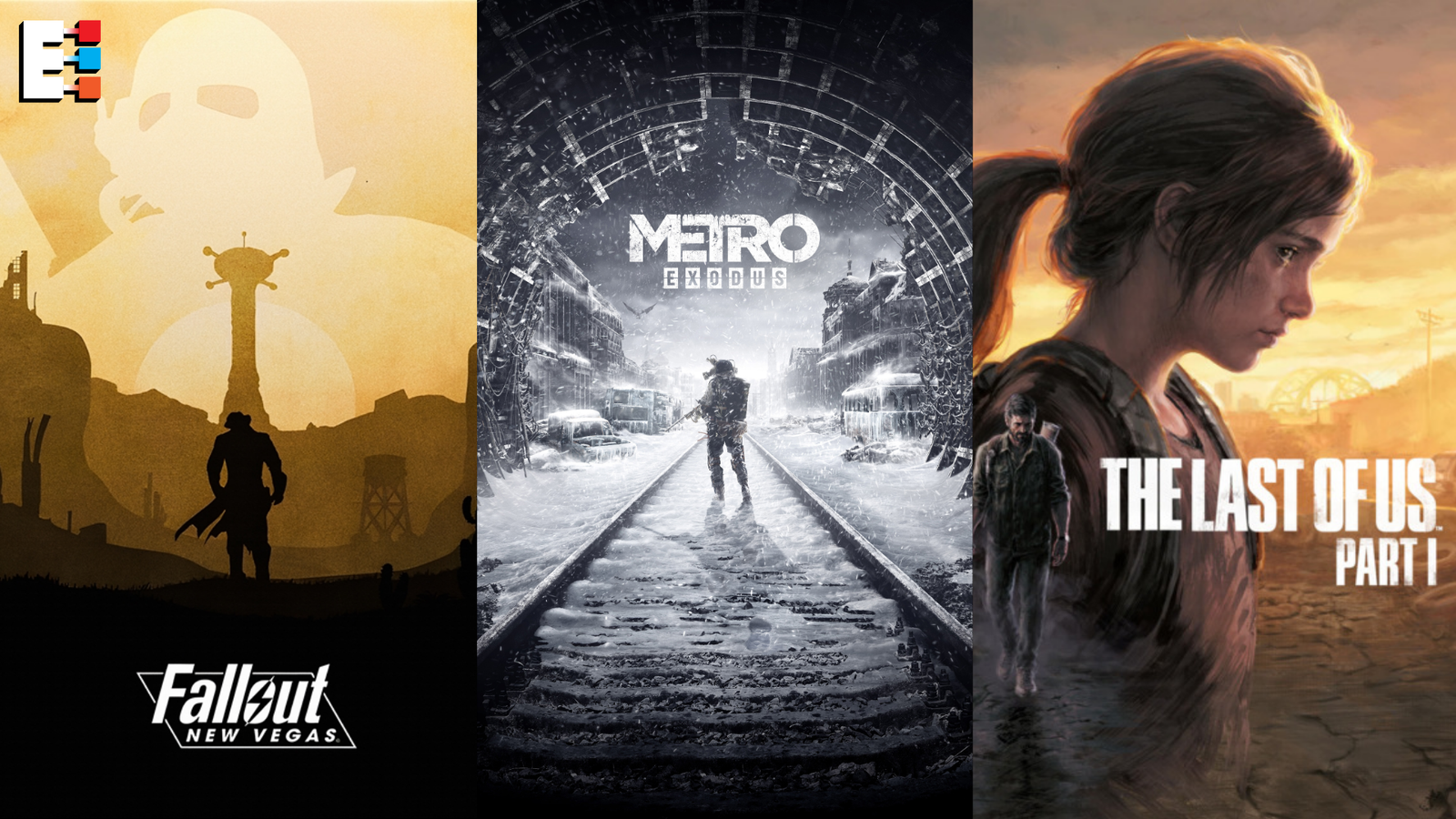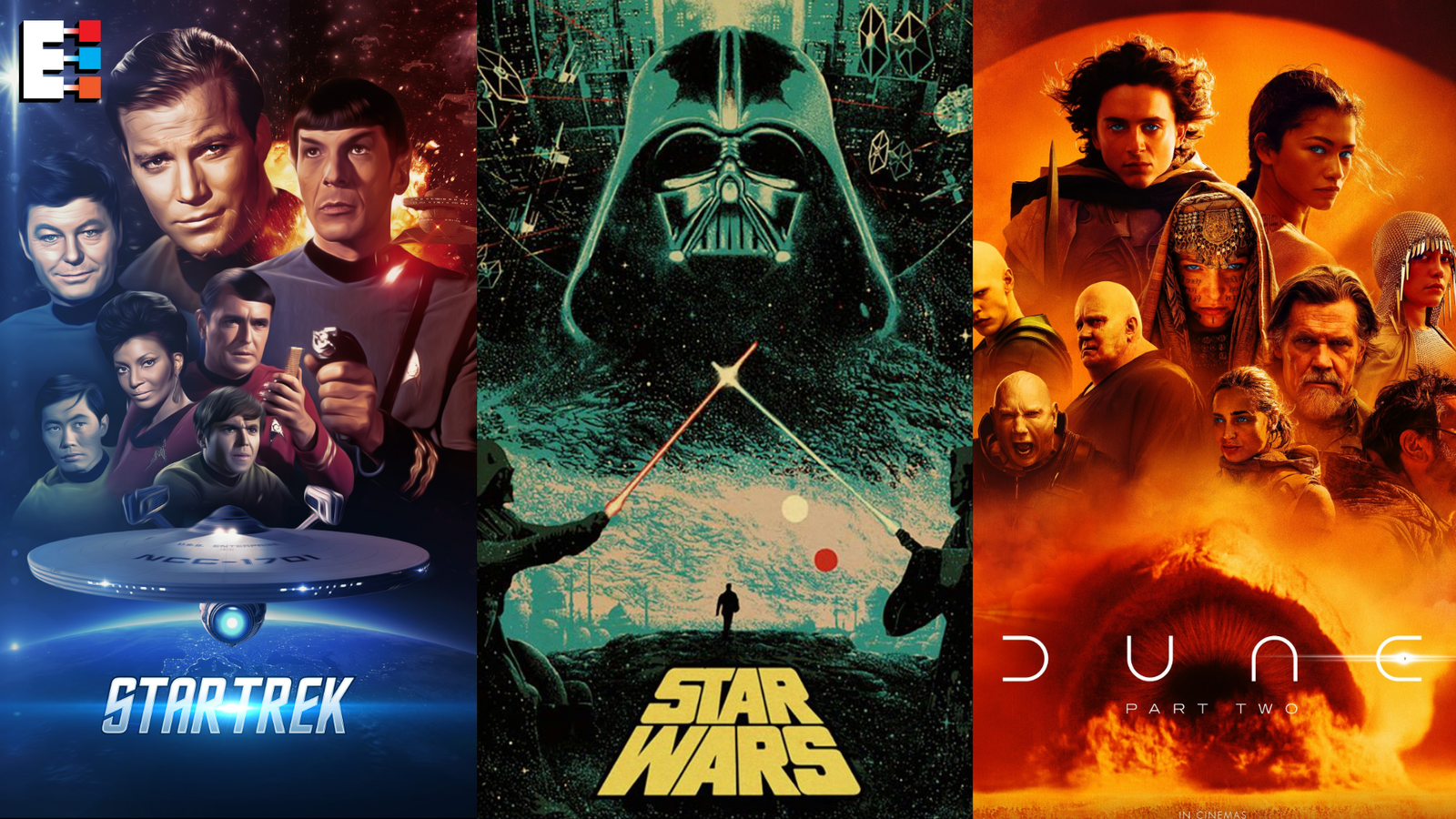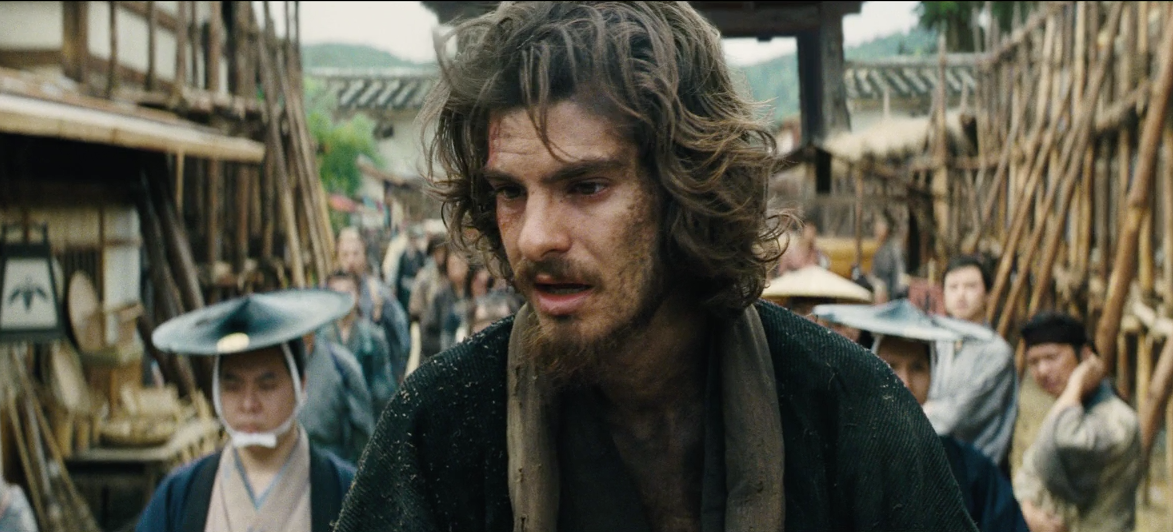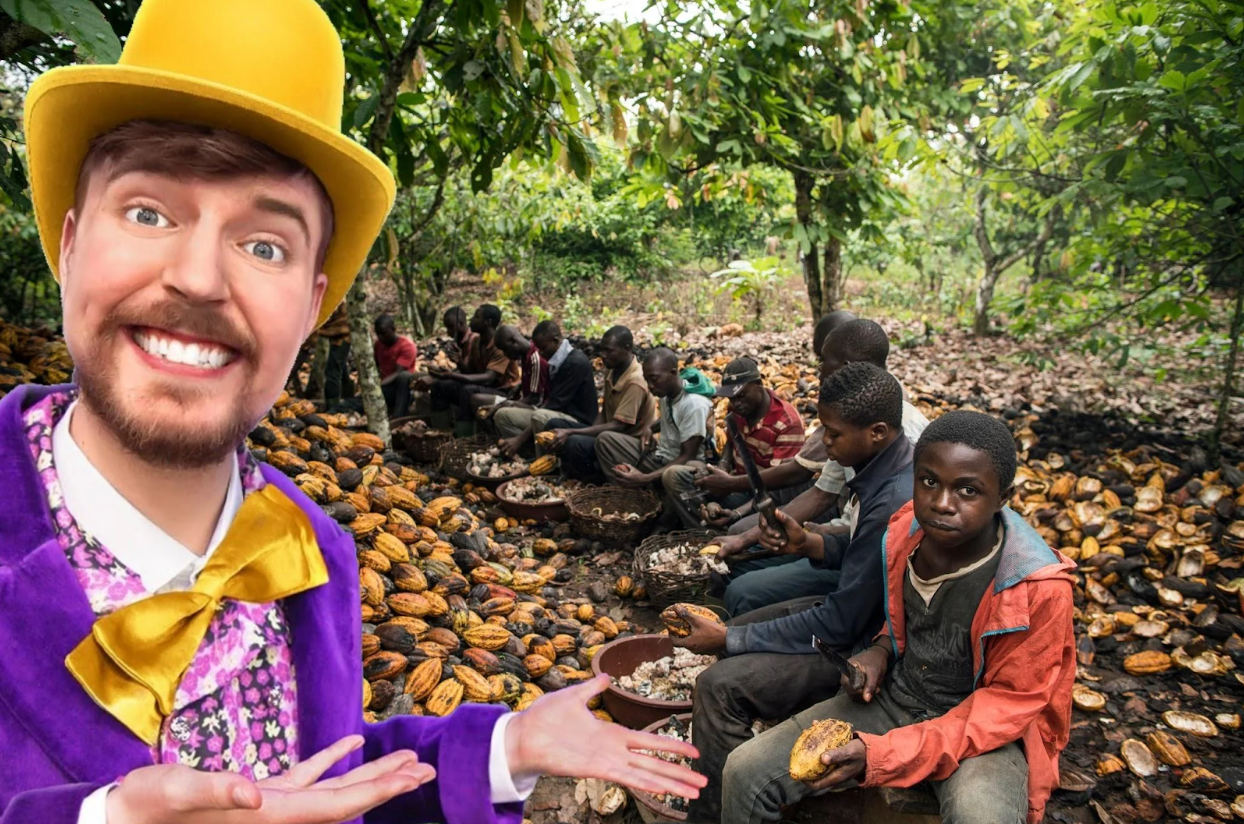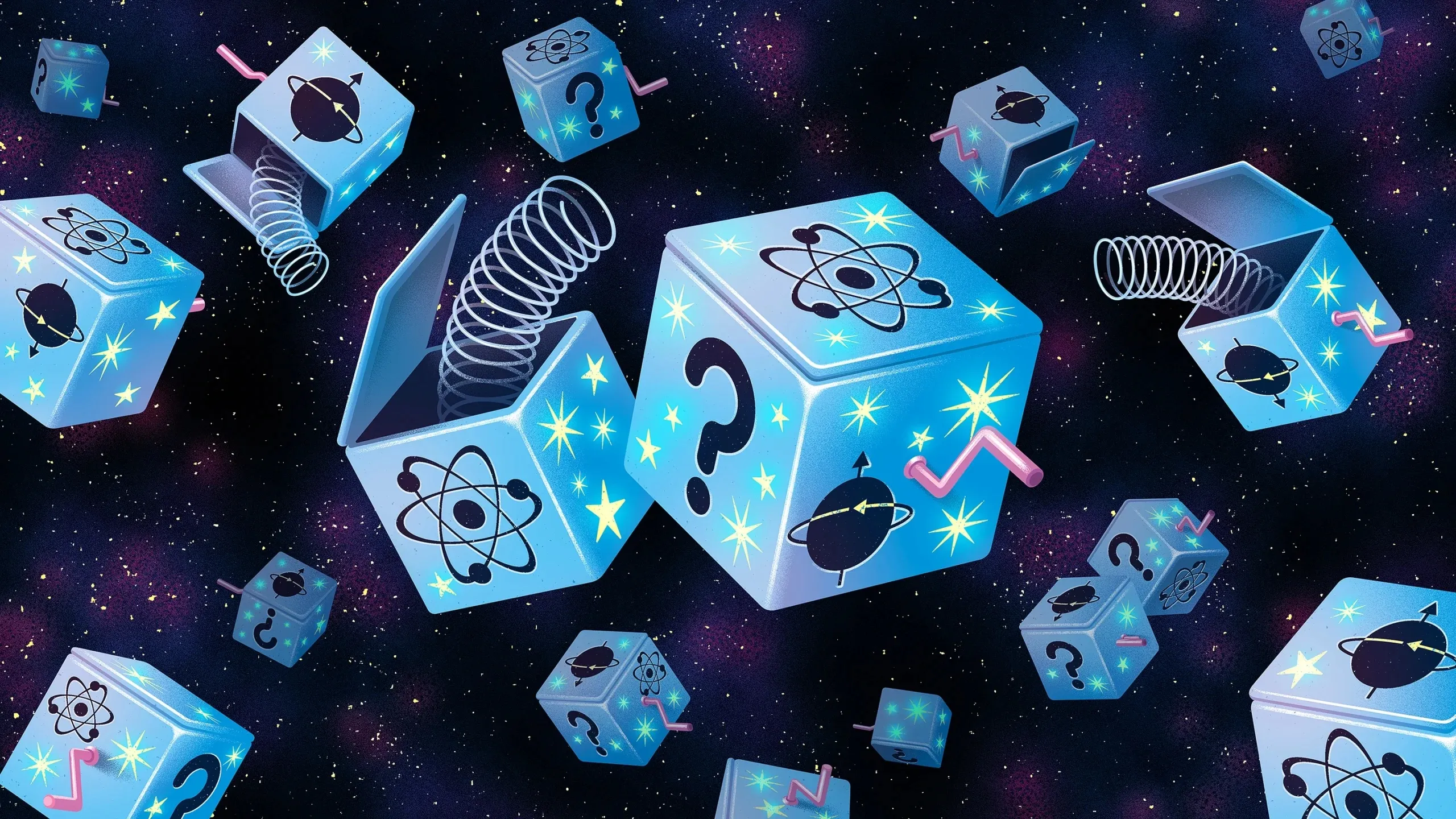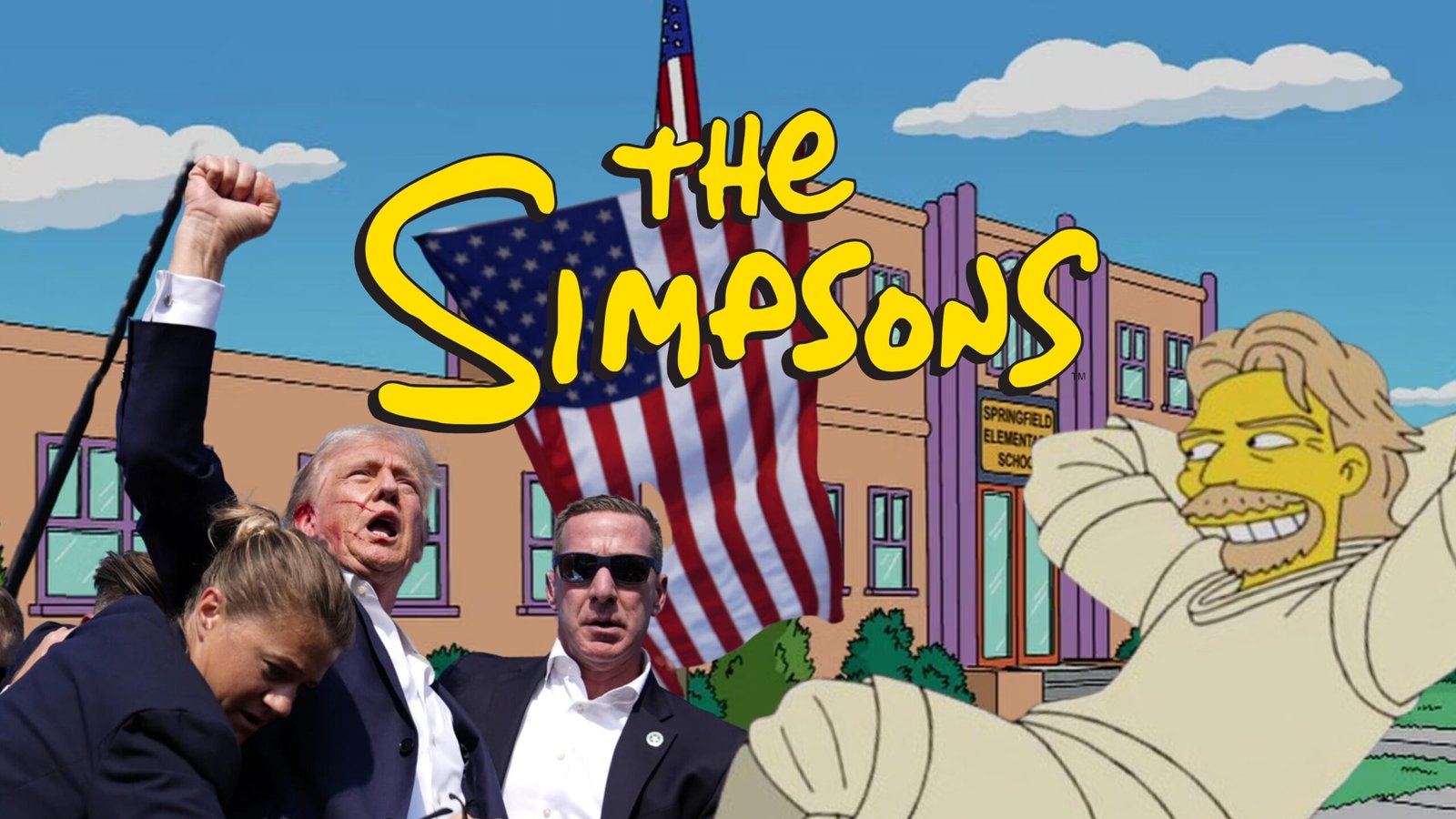Taxi-Driver: A Detailed Look into Travis Bickle, 45 Years On
“Loneliness has followed me my whole life. Everywhere. In bars, in cars, sidewalks, stores, everywhere. There’s no escape.” The emotionally…
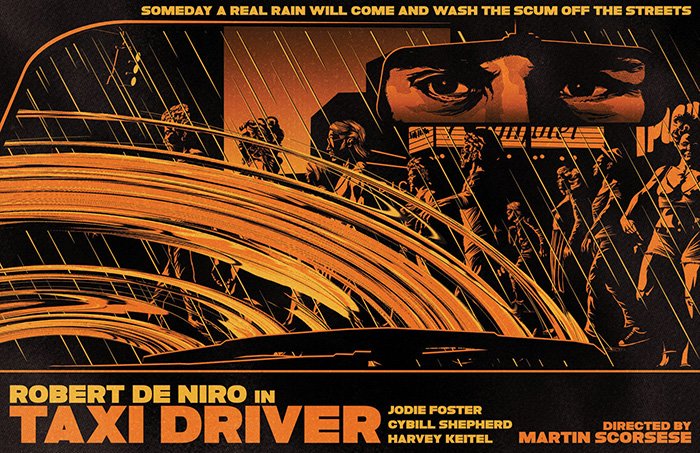
“Loneliness has followed me my whole life. Everywhere. In bars, in cars, sidewalks, stores, everywhere. There’s no escape.” The emotionally unstable protagonist speaks this line of dialogue in Scorsese’s groundbreaking masterpiece “Taxi Driver.” The movie narrates a story about depravity, loneliness, and decaying mental health, and it takes place in the notoriously ruthless streets of 1970s New York City.
The first thing you need to know about the character is that he is highly paranoid. Bickle spent most of his night’s cab cruising in the disgusting alleyways of “the city that never sleeps,” the strong cinematography implying it to be Hell on Earth. From the beginning of the film, we can see strong hints of Travis’ positive negative duality and the character’s ability to make good or bad decisions based on the circumstances that he is faced with, which humanizes him to a great extent. Our protagonist seems to lead a double life, regularly lying to his parents in letters, leading them to believe he is leading a much different life than his actual one. Travis strives to be a part of the everyday world but is forced into a society that never gives him the growing space to be mentally stable. A Vietnam War veteran, Bickle meets a girl he stalks for a while and then invites out for lunch and then to the movies.
However, Travis has been deprived of human intimacy to such a great extent that he doesn’t understand when (Betty) rejects him after she takes her to watch a pornographic film in a theatre. This leads Travis to become violent and obsessive, a closeted character finally acting out, and when and if Travis bursts, no one will like it. Isolation and insomnia have led a man to the brink of insanity.
The long, beautiful sequences scattered throughout the film, through a dying city, aren’t there for visual damnation but allow us to contemplate Travis’ situation and what he had to encounter every day. Put ourselves in his shoes, sympathize, but not justify his actions. Those cab drives are a huge chunk of his life and are pivotal in establishing Travis Bickle as a complex yet brilliant character.
Travis meets with various passengers, each with their weird quirks, signifying that the awful and gruesome people and activities he is exposed to in his everyday life are taking a significant toll on him. One particular passenger is on his way to brutally murder his wife for cheating on him. This shows that the sickness we see in Travis was spread all over the city by different people. Bickle also has an encounter with a child prostitute, showing the madness in the town had even led to the sexual exploitation of young girls on a relatively large scale. Bickle, while mentally insane, isn’t an evil character and chooses to help the 12-year-old Iris get out of the sex business, but he fails when her boss emotionally manipulates her.

The breakup had left Travis heartbroken and self-pitying. However, this event in his life transformed the wounded insomniac taxi driver into a hardened maniac. He starts working out vigorously while starving himself, leading him to the peak of his mental instability, training to be a ‘soldier.’ Our protagonist then appears with a mohawk and an unsettling look that leaves the viewer not knowing what to expect. Now, at the epitome of mental instability, Travis goes forward with an assassination attempt on a mayoral candidate to act out and express his fed-up with society. When this fails, Travis runs away and takes all his built-up frustration out on the pimps that ran the underage sex business, of which Iris was a part. This is Travis seeking a resolution to the demons that torment him.
At this point, it may seem that Travis has lost all sense of self-awareness in his quest for a heroic act of a soldier for his salvation; however, even with that motive being why he set out to kill the mayoral candidate that day, Travis can’t help but constantly think about helping out Iris, showing that despite all that has happened, he has been unable to cut himself off entirely from the world that he hates. Travis stabs and shoots any pimps that come his way and manages to move on even after getting hit in the neck. This is the climax, and what makes it so brilliant is that it is utterly spontaneous with no build-up.
Travis pillages on until he has killed every last one of the pimps. After he has saved Iris, he attempts to shoot himself but has run out of bullets. A wounded Travis then lies down on a sofa and, as the police arrive, raises his hand in the shape of a gun and pretends to shoot himself multiple times while laughing hysterically. This moment holds great significance and power while also haunting the viewer to the reality of mental illness.
Travis somehow survives and is praised as a hero by Iris’ parents. A local celebrity now, Becky gives him a second chance when. He bumps into her while driving his taxi—However, this Travis’ redemption is only a matter of luck and circumstance. Our protagonist’s character holds many contradictions to himself that only add to his brilliant character study presented in the film. Travis is now acclaimed by society, but is he truly free from his demons? The final shot sees Travis look into his mirror as if he has just seen something, implying that Travis is a ticking time bomb. He hasn’t been cured; the clock has just reset. Travis needs serious mental help, but instead, he is now found to be a hero for everyone, his issues ignored and put on standby.
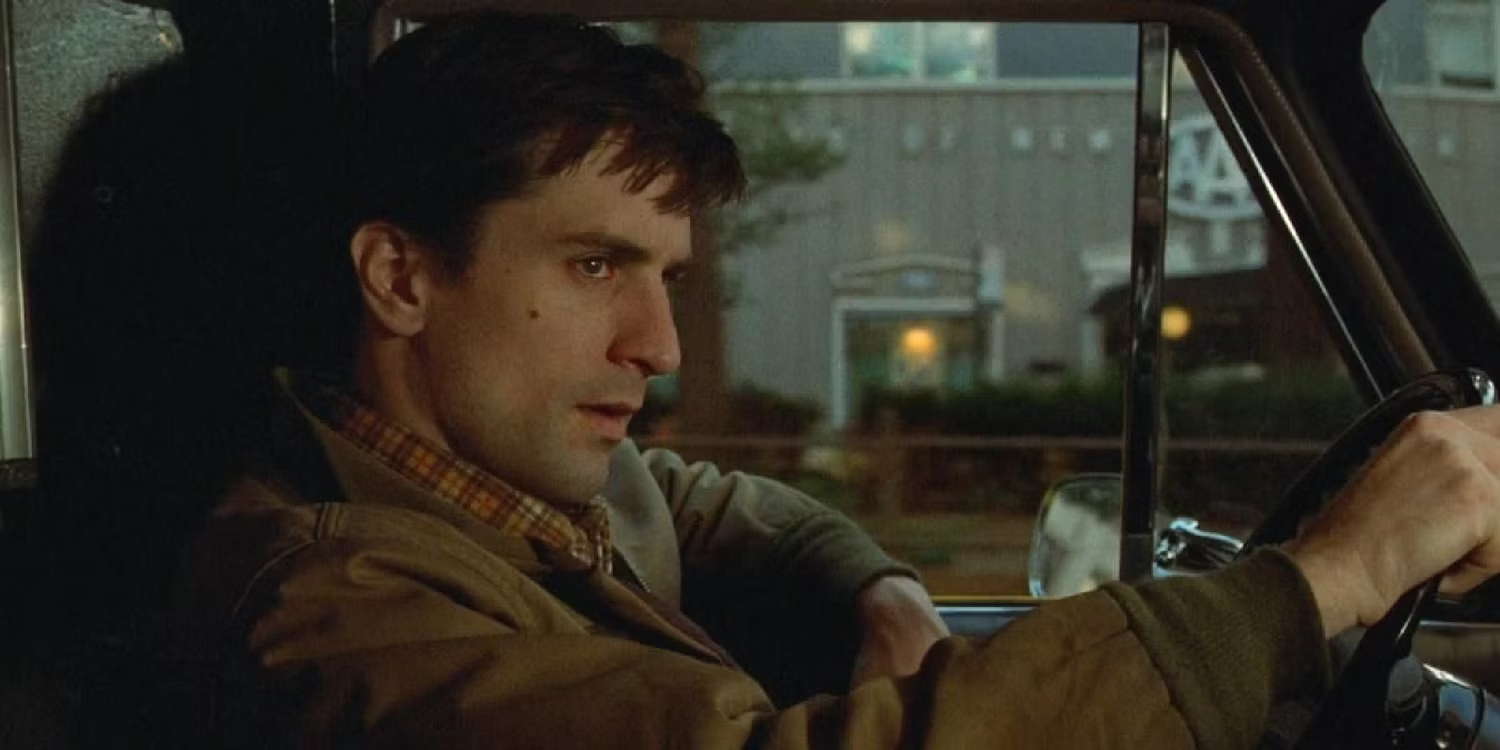
Throughout the film, Travis Bickle has been established as one of the great characters in cinematic history, perfectly portraying the sickness found in concentrated parts of society. The film finds a way for you to empathize with the protagonist without condoning the repulsive actions in the movie. This was all possible due to the brilliant portrayal of the film’s central character by Robert DeNiro, who perfectly communicates the character’s loneliness and acting out to the audience. This excellent character study comes with a sad realization of an increase in such cases in the real world; as perfectly said by Martin Scorsese, “Ultimately, what stayed with us was the psychological and emotional state of that character. As we know now, tragically, it’s a norm that every other person is like Travis Bickle.”
The duo is back in action in Scorsese’s latest film “Killers of the Flower Moon” in theaters now.
Read more:
Is Loki Season 2 The Best Project By Marvel?
How TikToks, Shorts, And Reels Are Ruining Your Life
